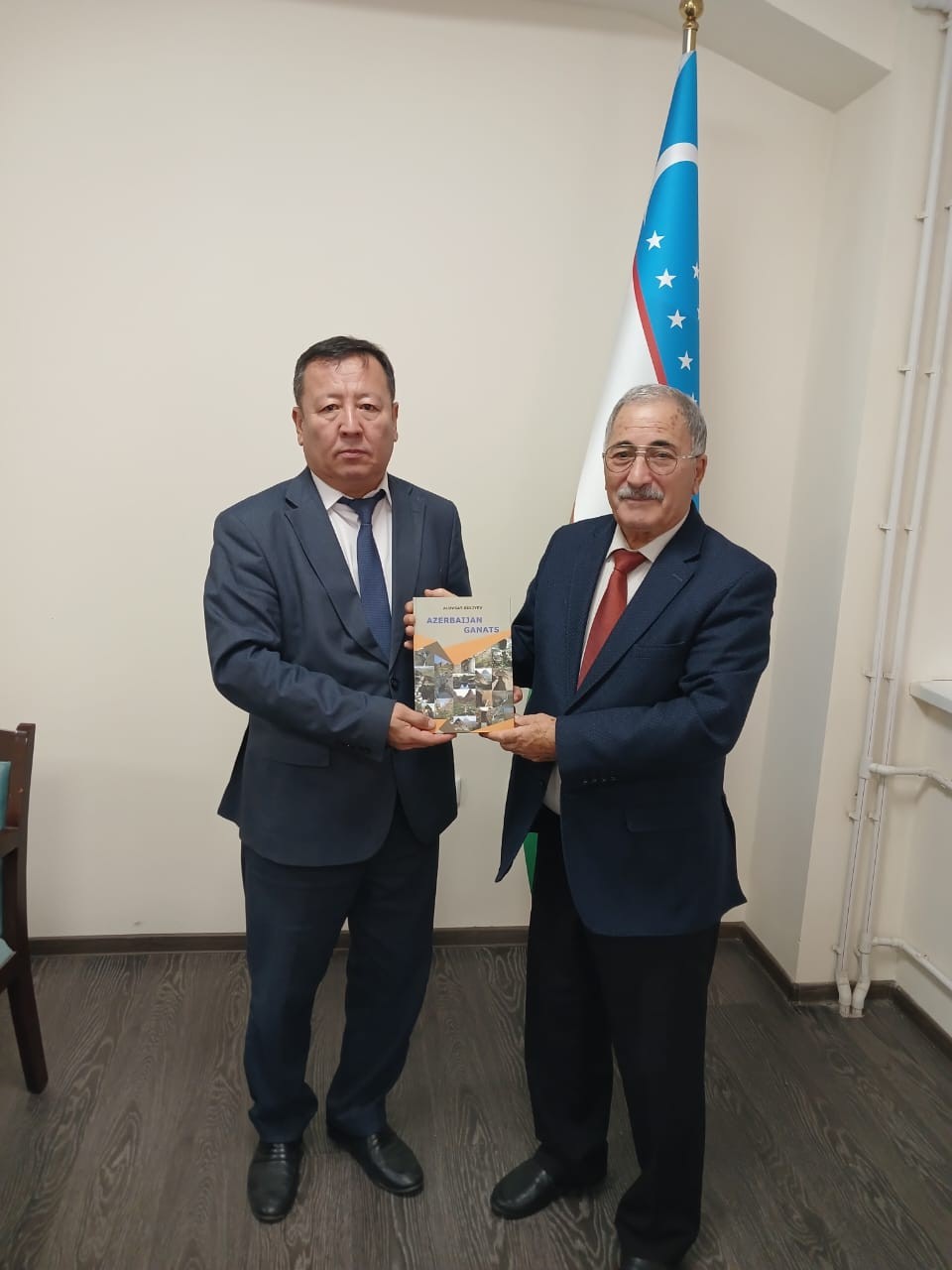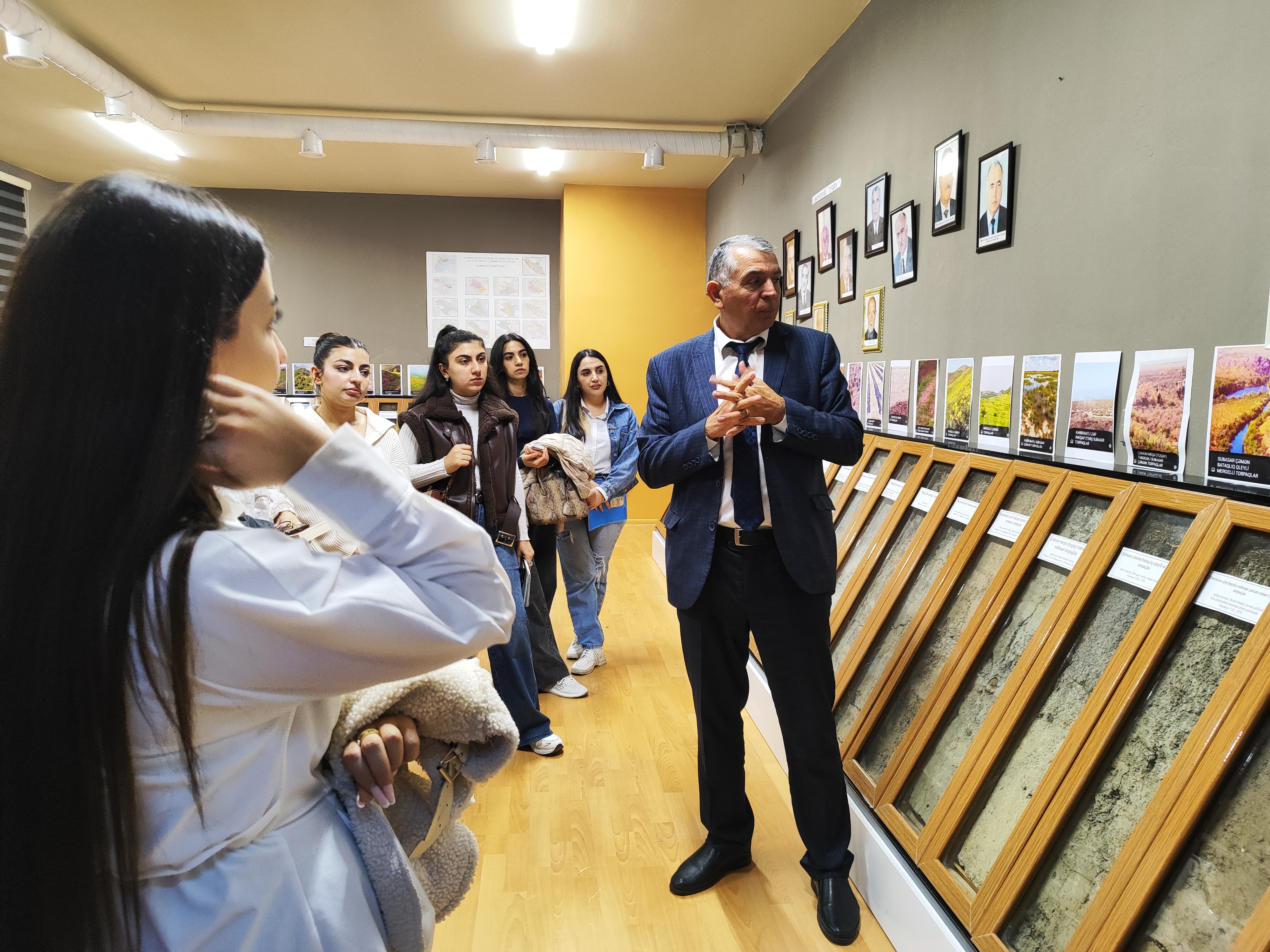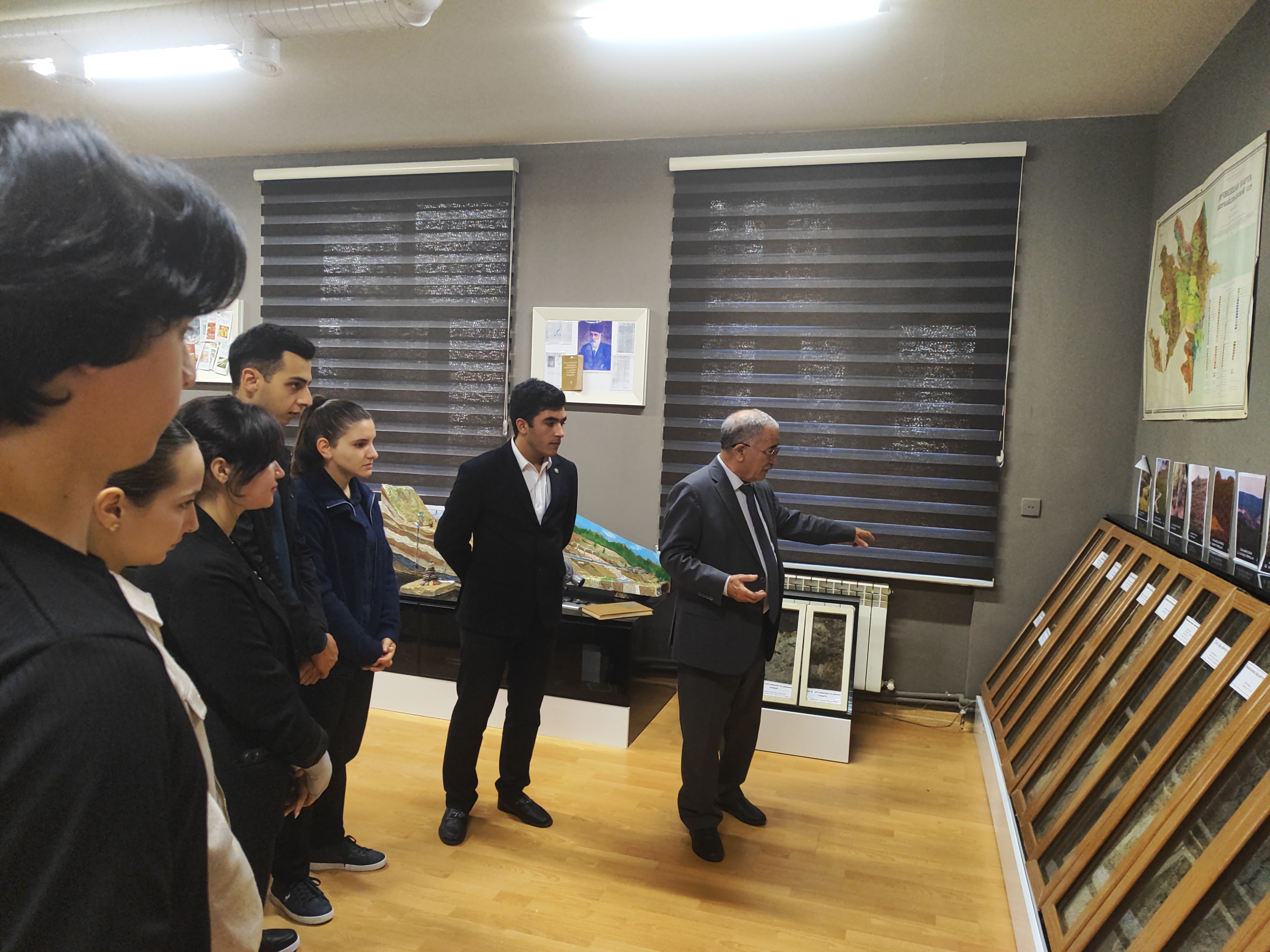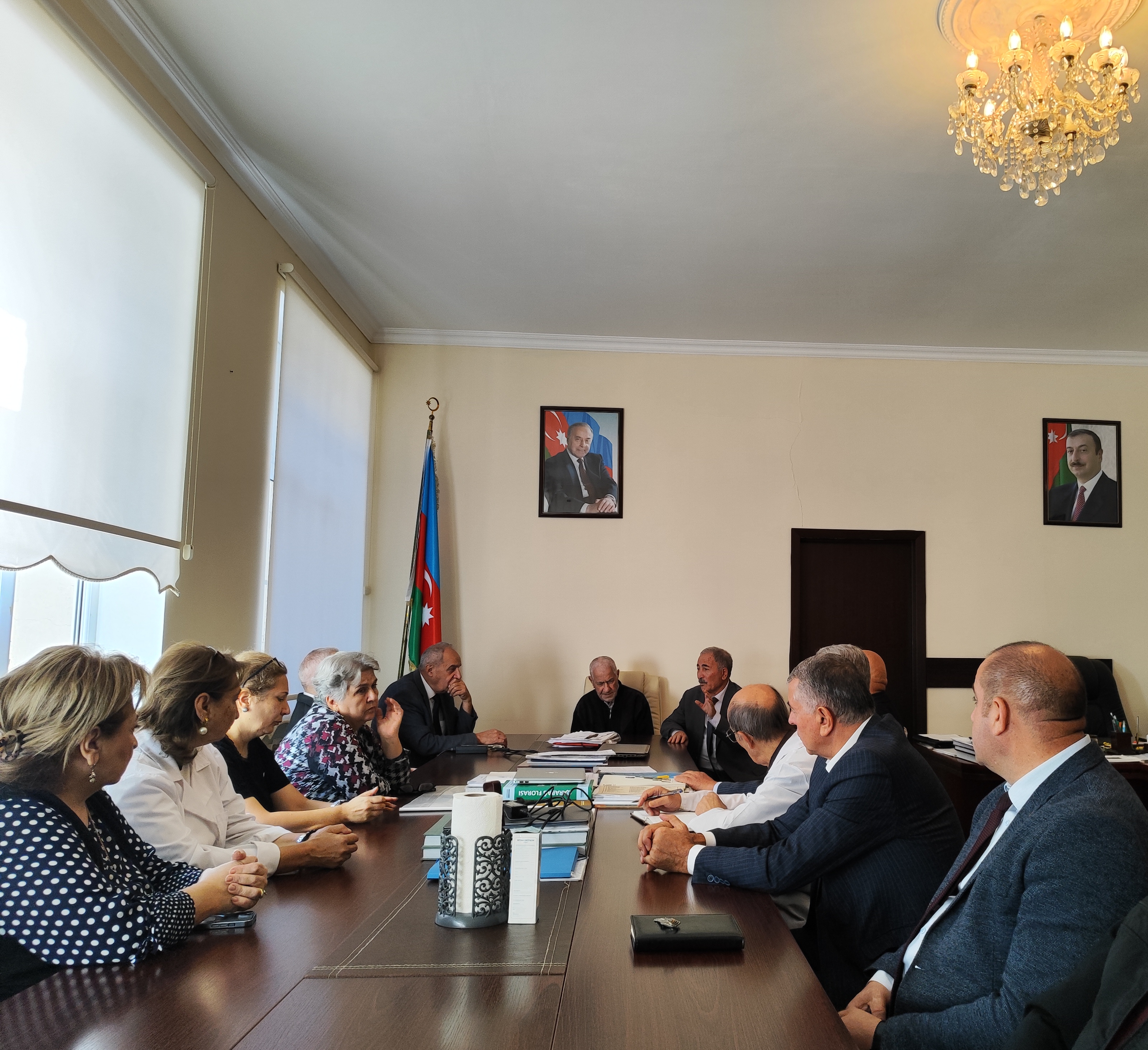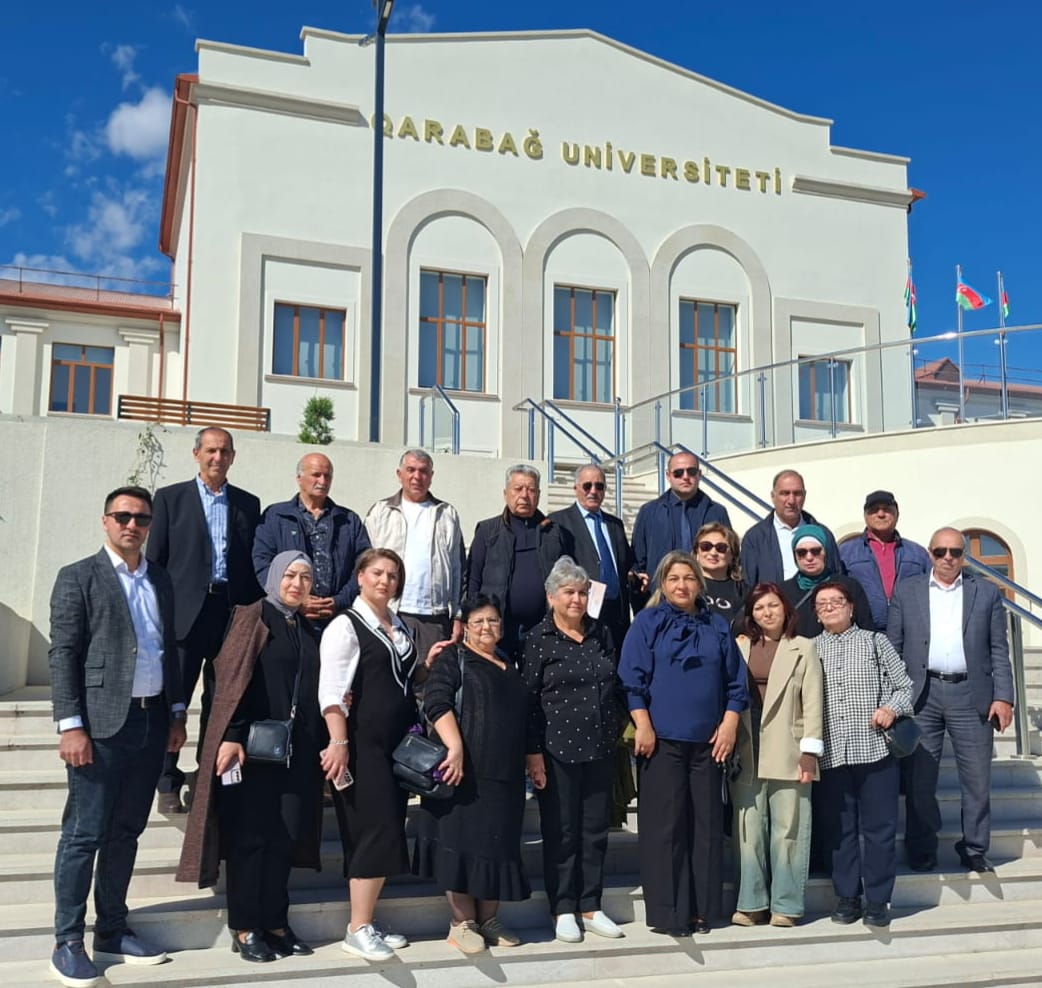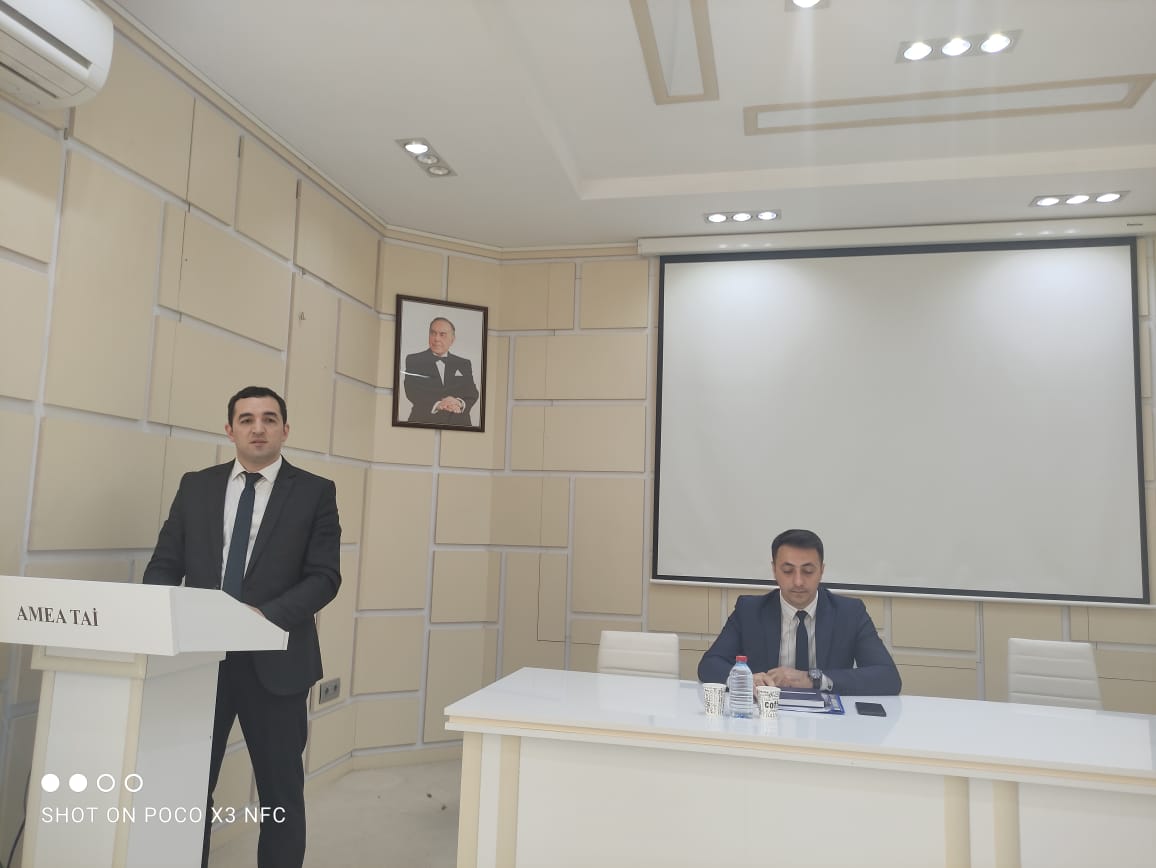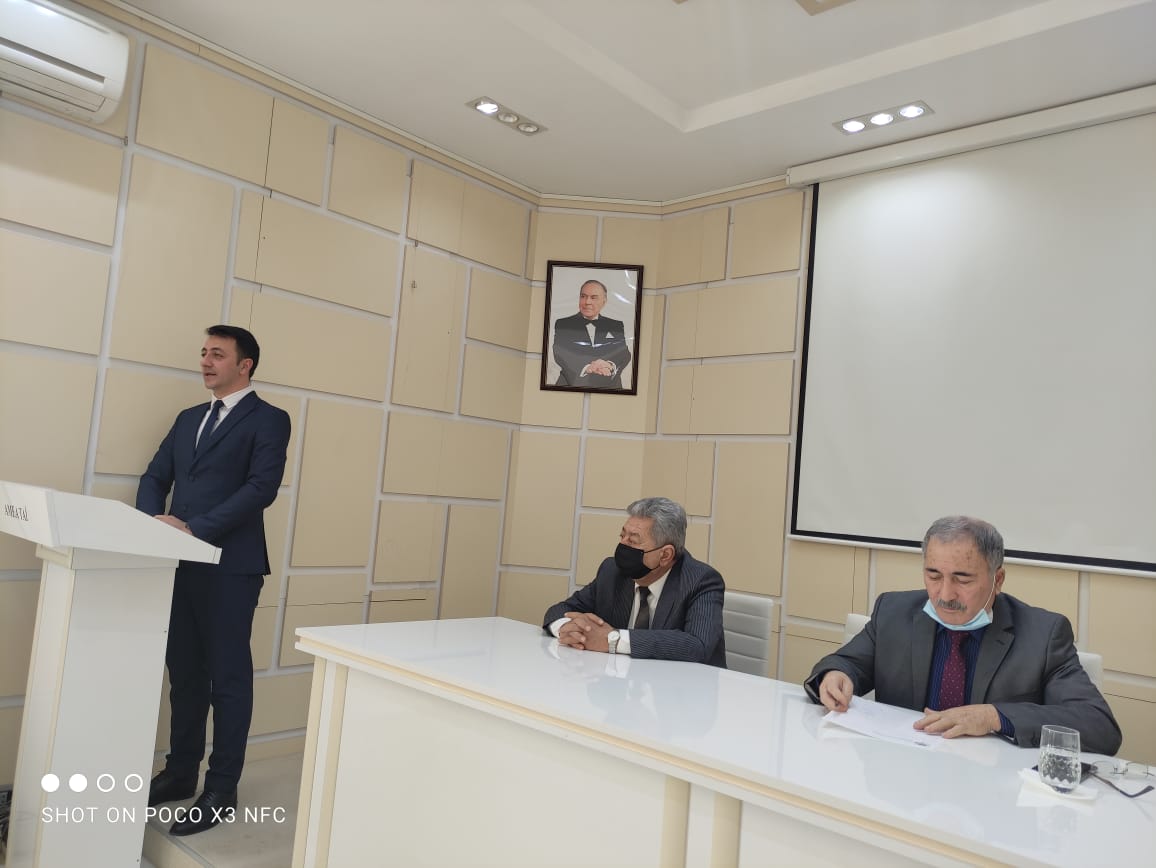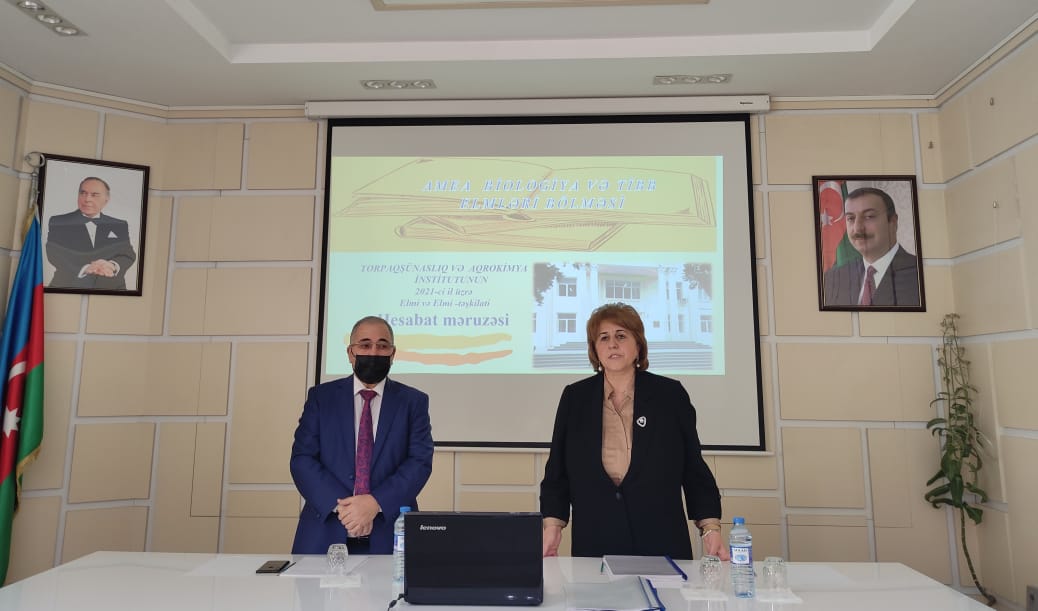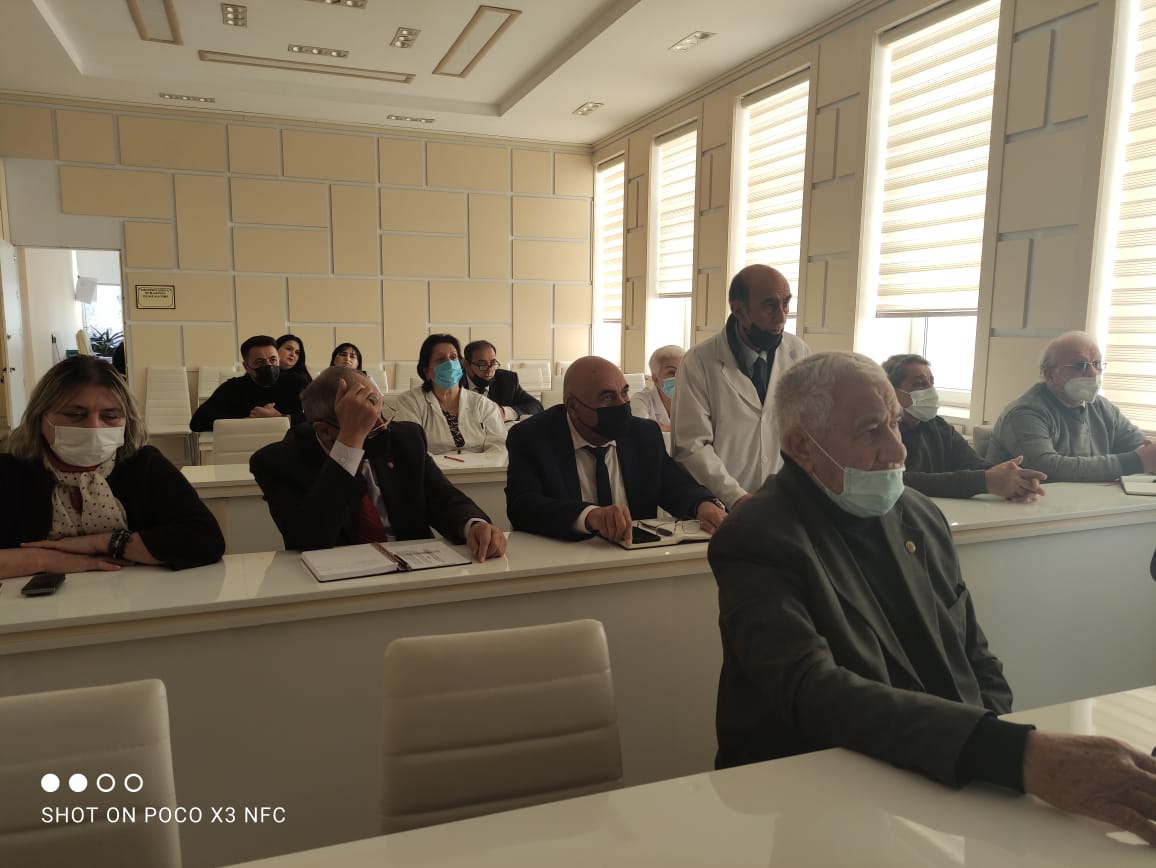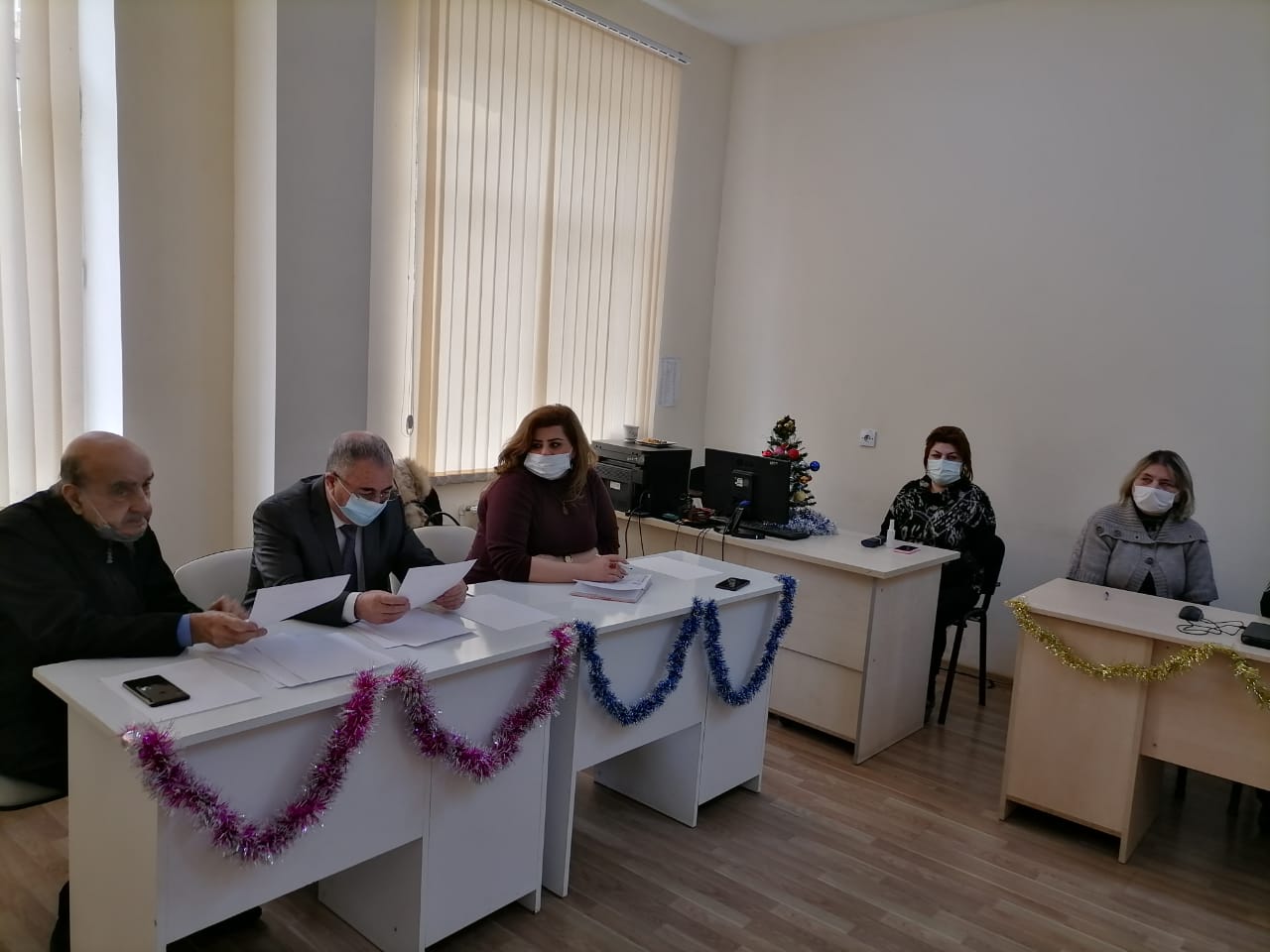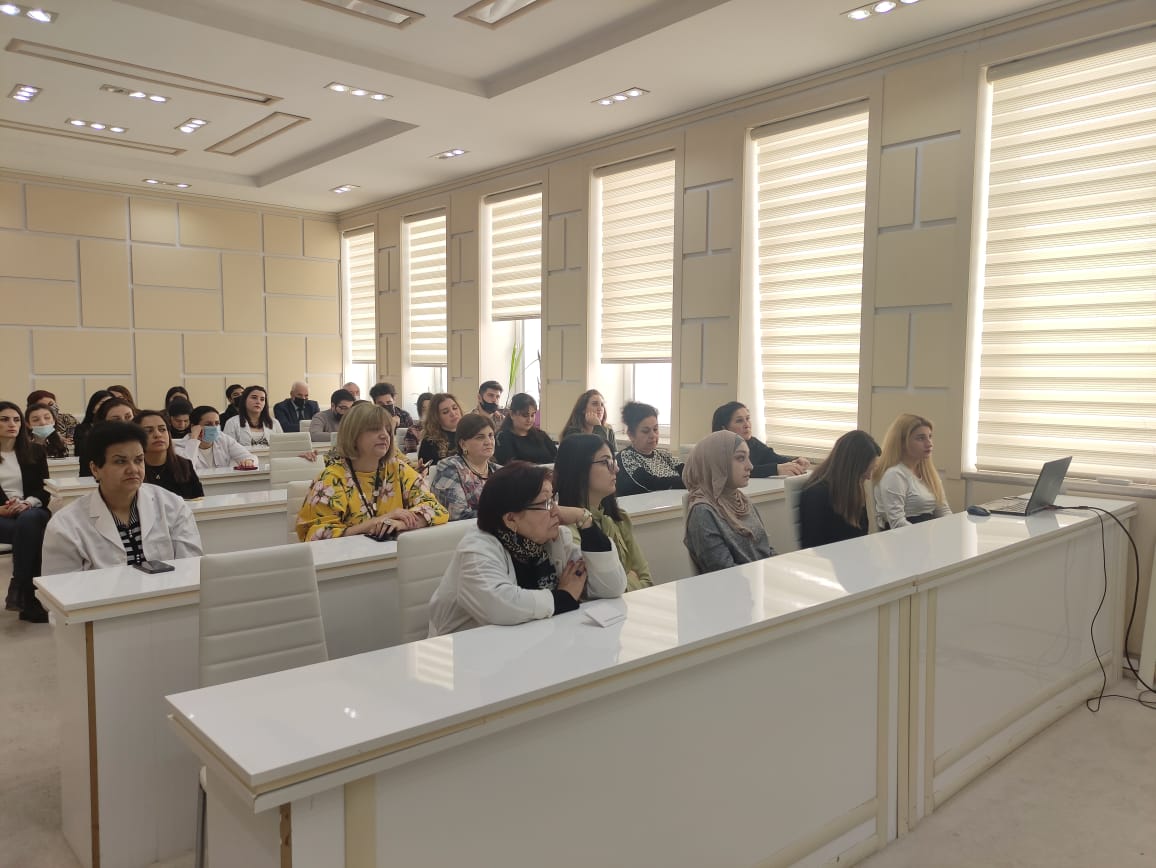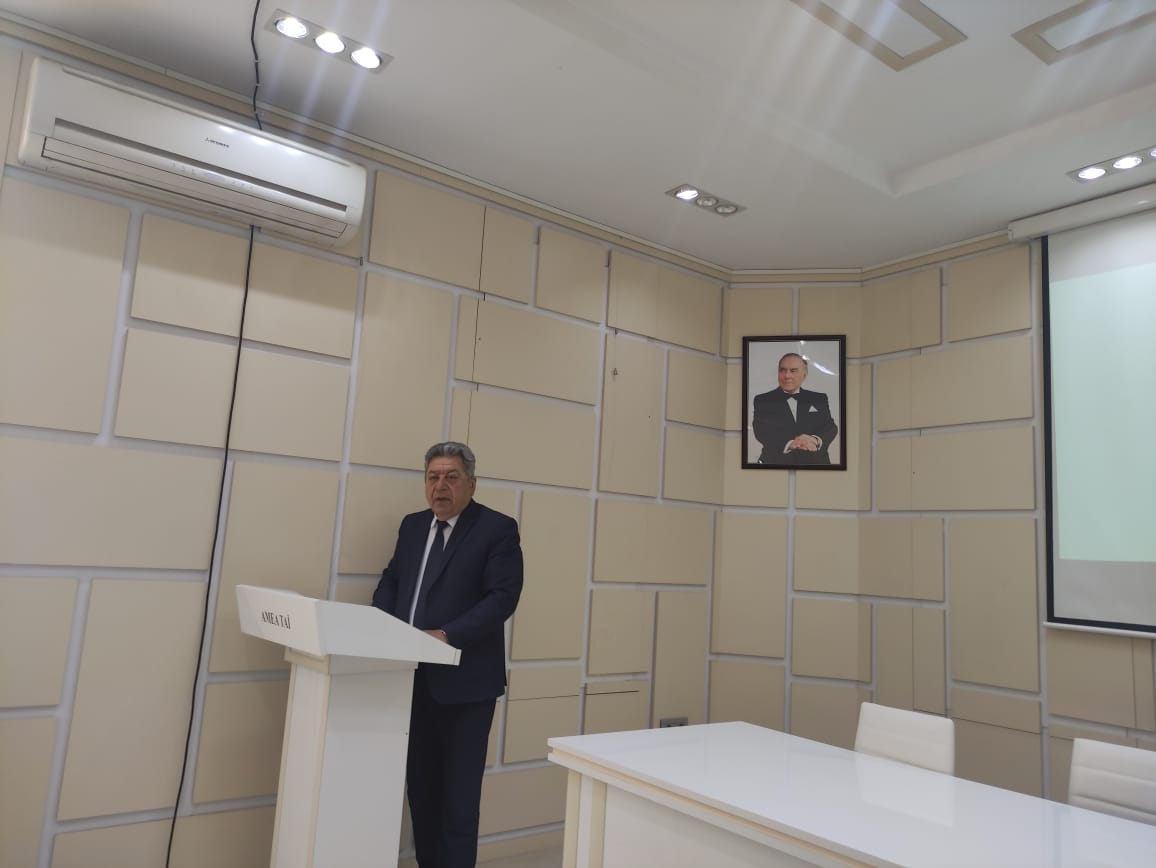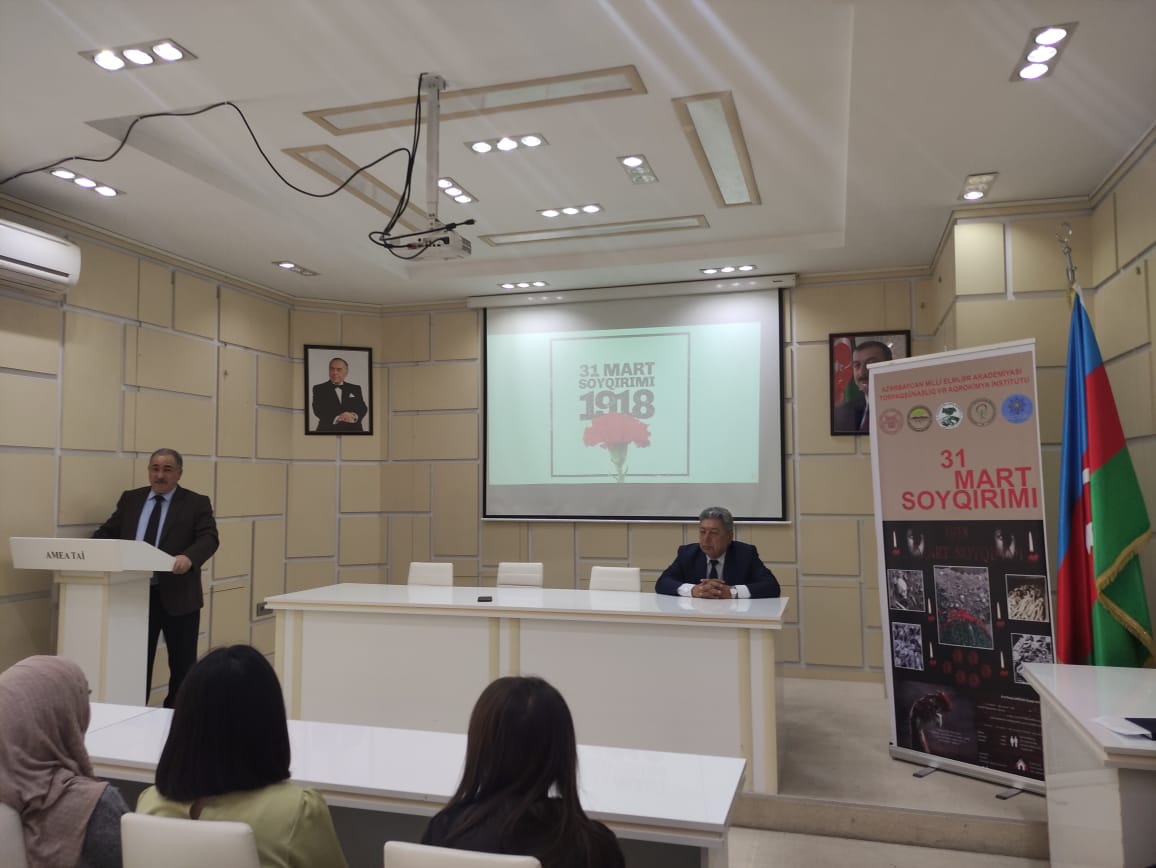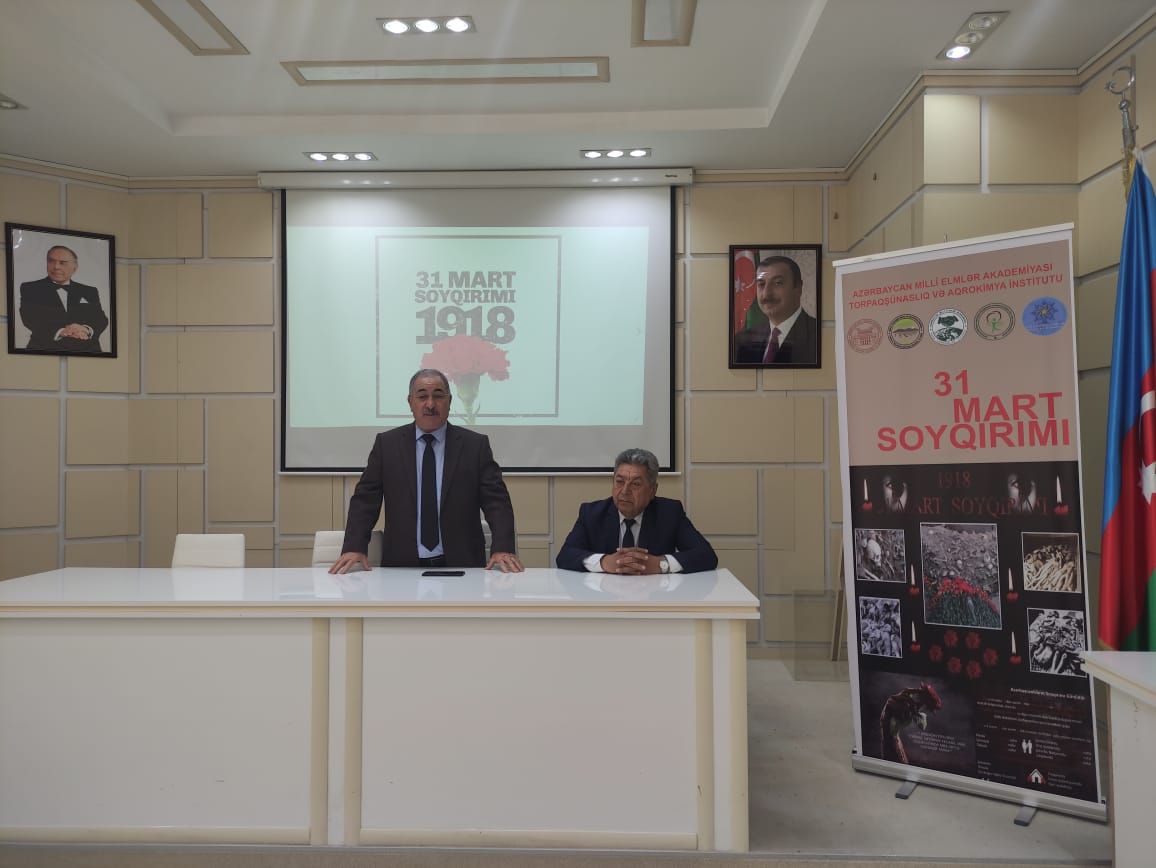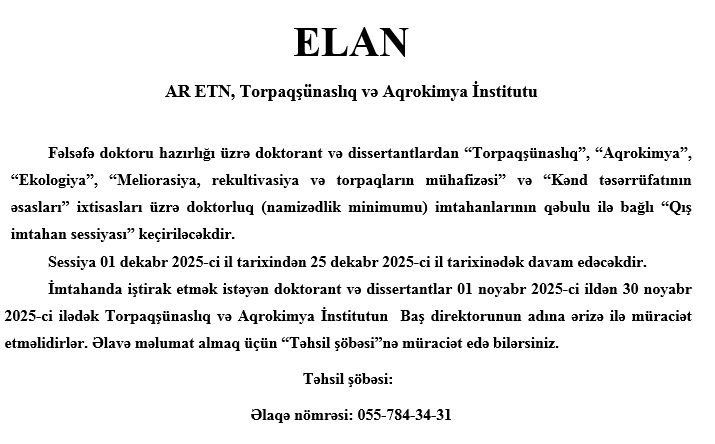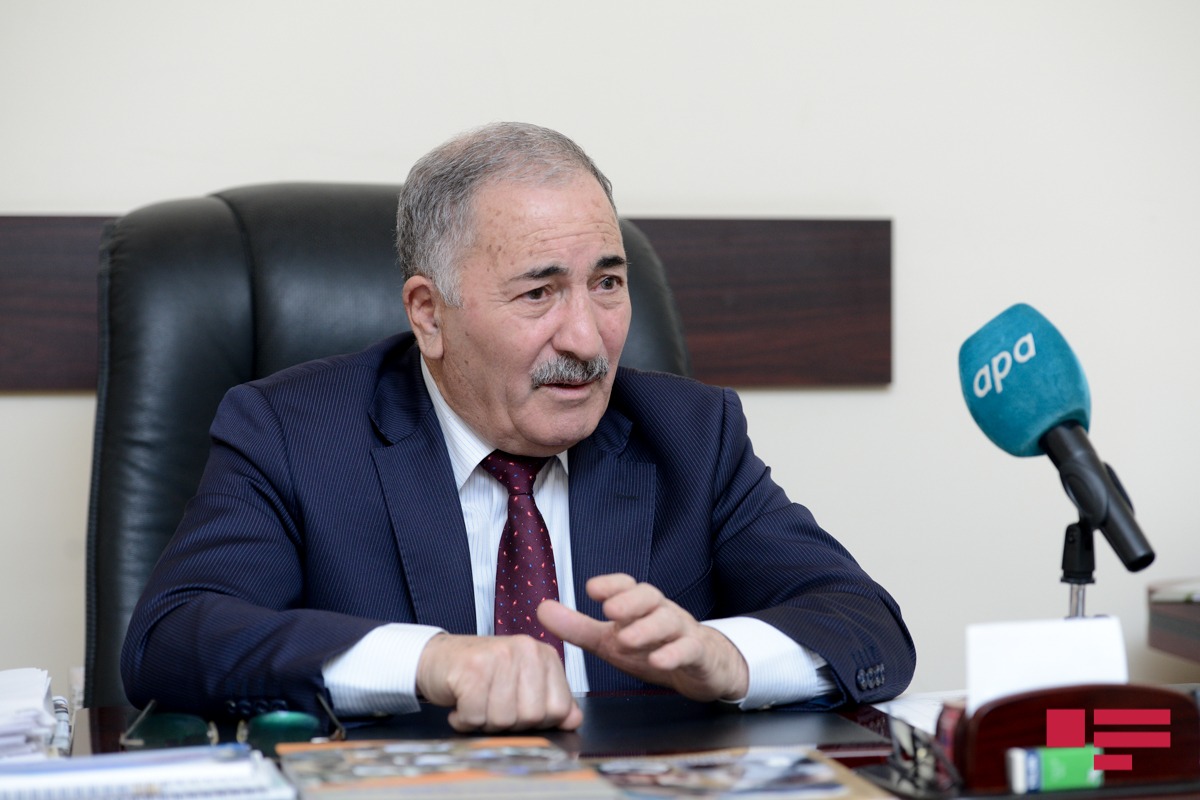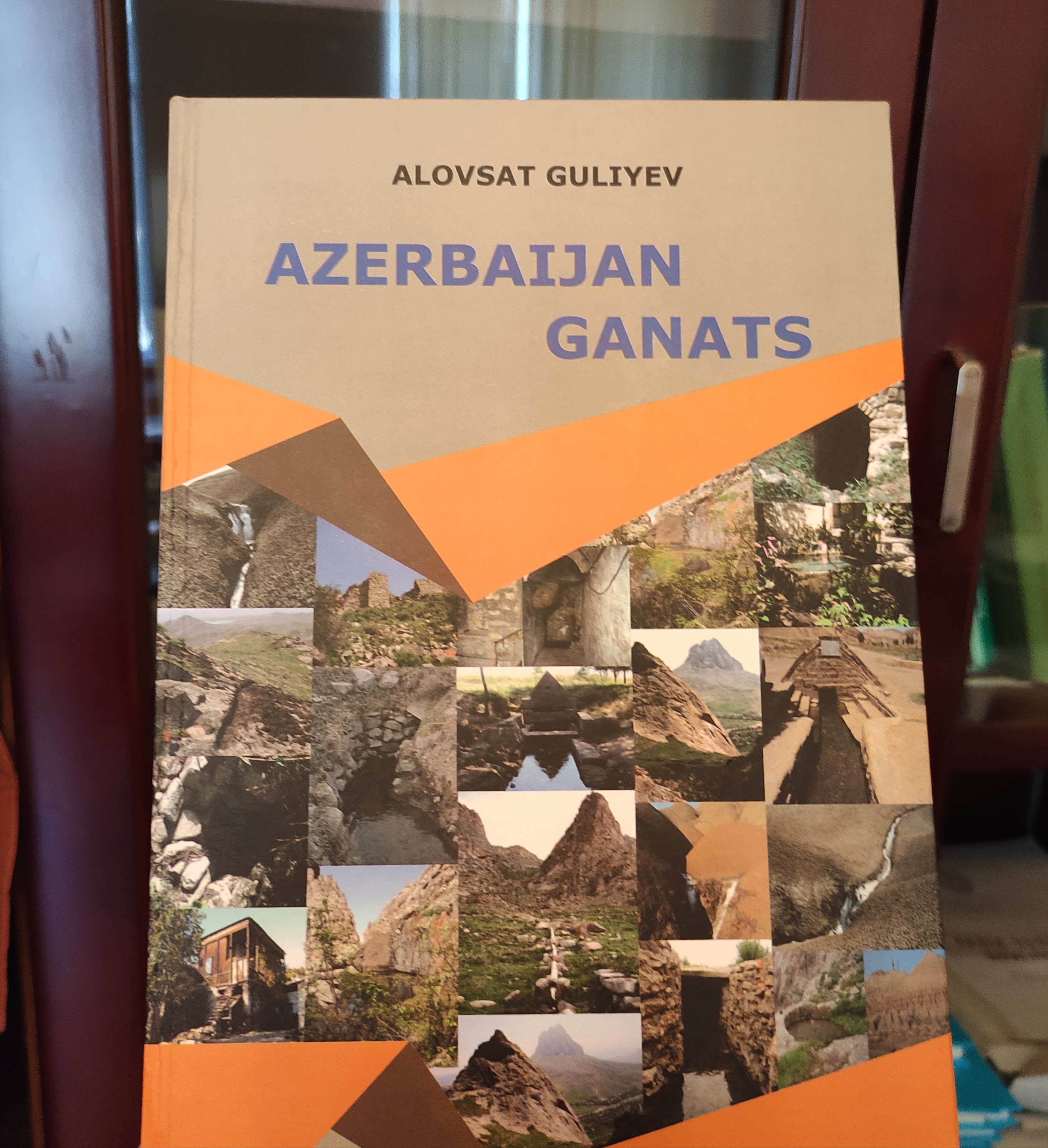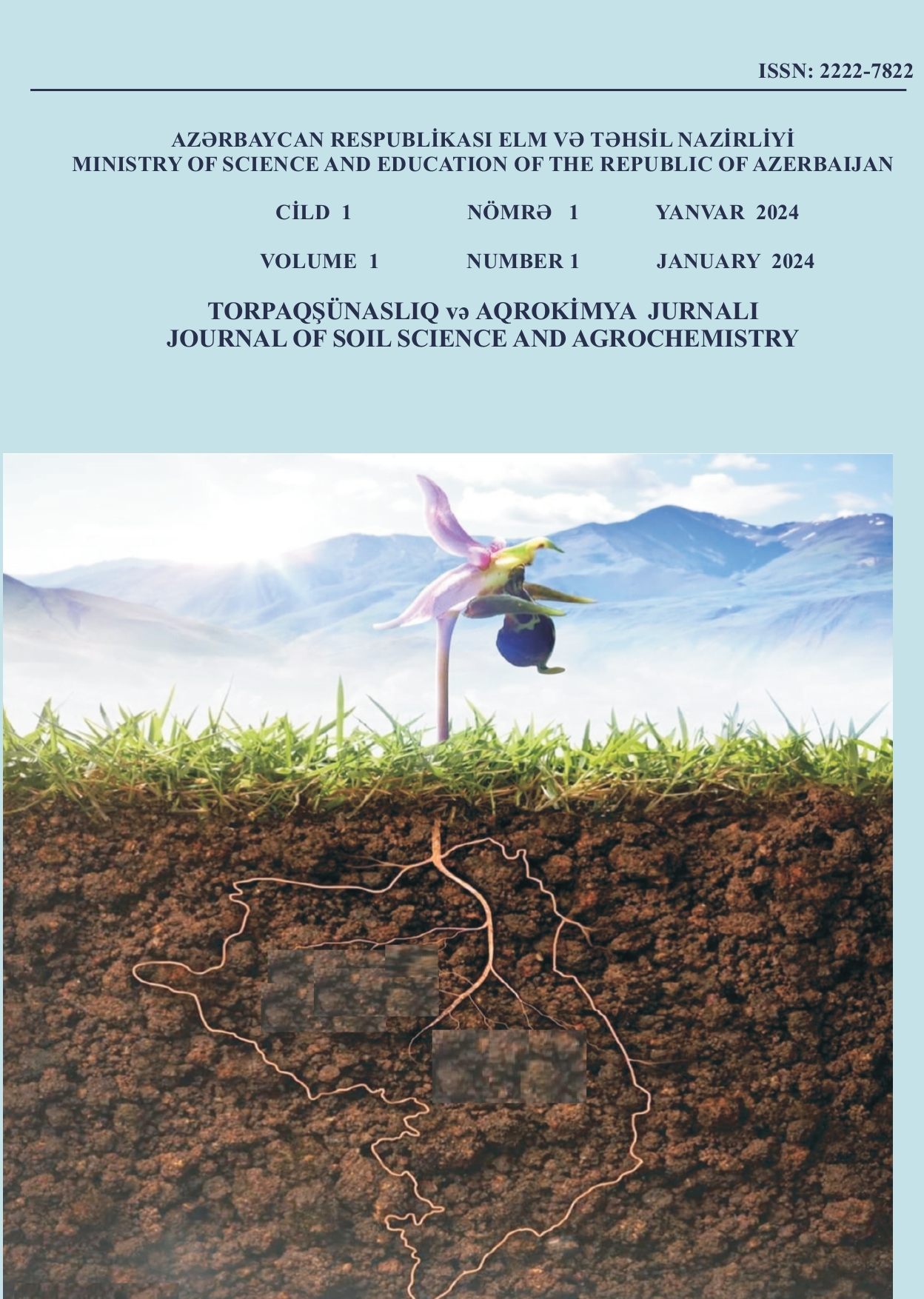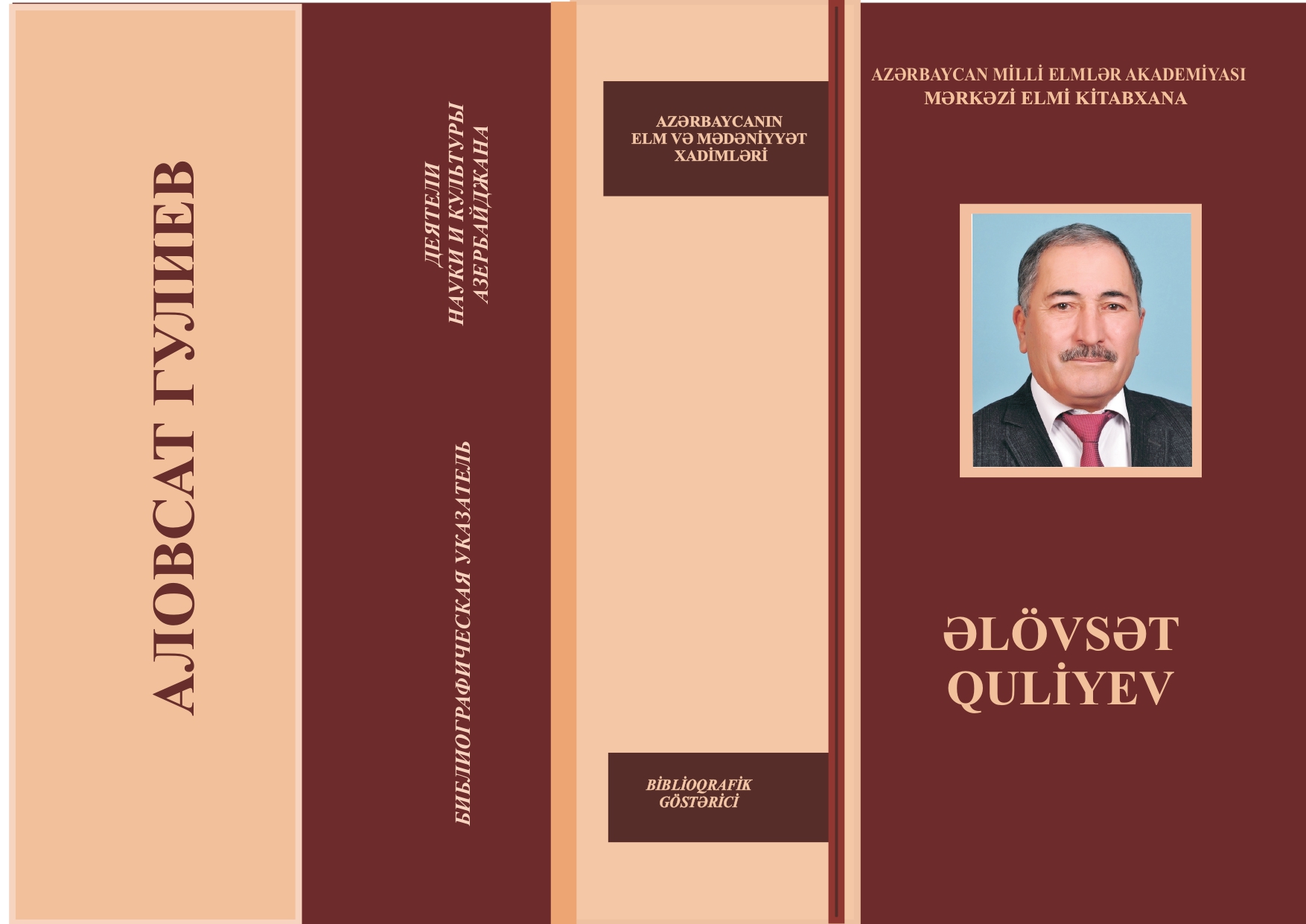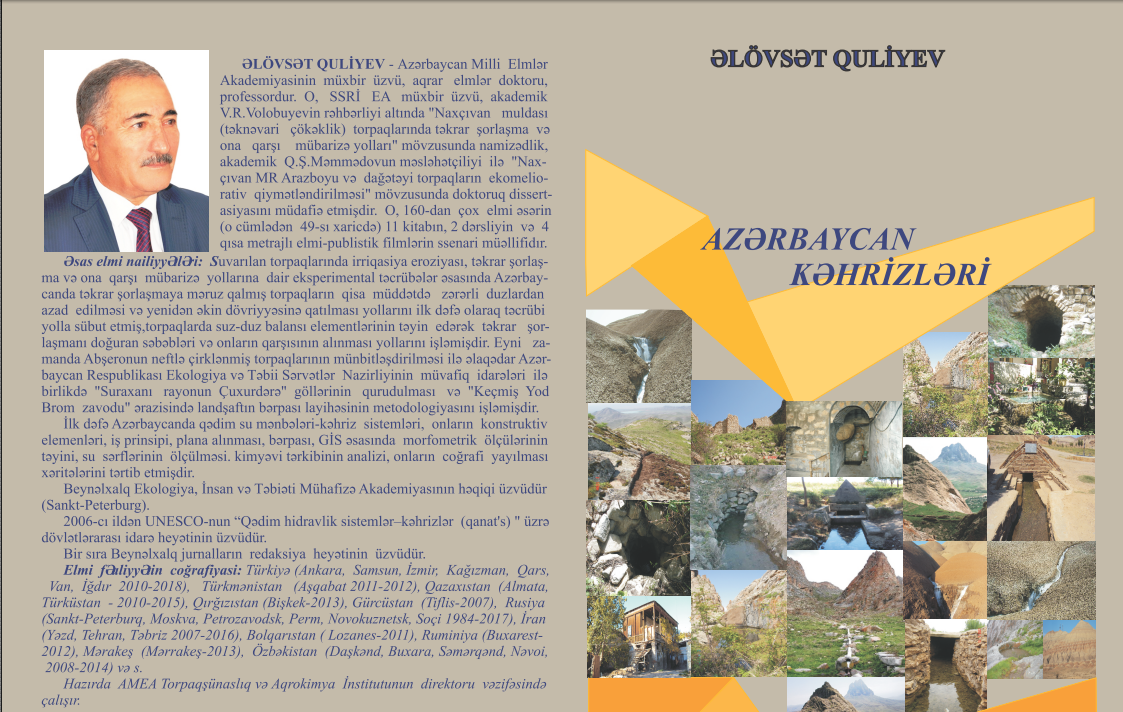The event was opened by the director of the Institute of Soil Science and Agrochemistry, corresponding member of ANAS, professor Alovsat Guliyev. A.Guliyev noted that, the genocide of March 31, 1918 is one of the bloodiest tragedies in the history of the Azerbaijani people.During the March events, our cities and villages, including more than 150 villages inhabited by Azerbaijanis in the territory of Karabakh, were turned into ruins, and unprecedented massacres were committed in Shusha. 80 years later, this tragedy was given a political and legal assessment by the Decree of the national leader Heydar Aliyev "On the genocide of Azerbaijanis" dated March 26, 1998.
Speaking at the event, Ph.D. Ali Jafarov noted that, the March 31 genocide has become a bloody chronicle of history with its horrors.This genocide is one of the bloodiest tragedies not only in the history of Azerbaijan, but in the history of mankind in general due to its cruelty and scale.One of the main reasons for the genocide in Baku was the prevention of Azerbaijan's independence.At that time, Azerbaijanis were fighting first for autonomy and then for independence.
Chairman of the Trade Union of the Institute of Soil Science and Agrochemistry of ANAS Mammad Mammadov said in his speech that, during the massacres in March 1918, Armenians brutally killed 12,000 of our compatriots in Baku for three days.In order to stifle the independence of Azerbaijan, to inflict a heavy blow on the national democratic forces, during the genocide, Armenian gangs brutally destroyed not only people but also historical and cultural monuments in these lands.
At the end of the event, a video dedicated to the March 31, 1918 genocide was shown.

